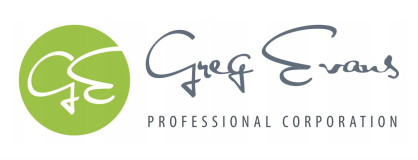Cash VS. Accrual Accounting
Are you unsure of how to record transactions? You have two different options that you can choose from. Depending on your business, one might be a much better fit than the other.
Make sure you’re using the best choice for your business and develop a thorough understanding of both.
It’s time to take charge of your finances.
what are they?
There are two different methods of recording revenues/expenses that a business can choose from: cash and accrual. Cash accounting recognizes revenue when money has physically /electronically changed hands and expenses when they have been paid in full. Comparatively, accrual accounting recognizes revenues when they have been earned but not yet paid for by the client, and expenses when they have been billed.
As an example, suppose services have been rendered to a client of Company A. Under accrual accounting, the cost of those services would immediately recorded under accounts receivable (and thus be considered a current asset) since the business has earned that amount. In cash accounting, that amount would not be recorded until the client sent over a cheque and the amount was received by Company A.
How do they impact your business?
Cash-based accounting is attractive for small businesses since it’s easy to track and easy to know what financial resources they have at a given time. Accounts receivable and accounts payable don’t factor into this method since revenues and expenses are recognized only once money has changed hands. It’s also worth noting that revenues won’t be taxed until the business is in possession of the payment.
Even though cash-based accounting is somewhat more simplistic to use, accrual-based accounting is more common (particularly for larger businesses) since it provides a realistic look at income and expenses in the future. In comparison to cash-based accounting, taxes have to be paid on revenues that are earned but have not yet been received.
The difference between these two methods can be substantial when looking at monthly cashflow. Under accrual accounting, recorded revenues at a business can be high but their bank account may read zero. This can be misleading. For this reason, transactions have to be closely monitored to ensure that the business has enough cash on hand to meet their needs.
Want More Information?
Schedule a free consultation at gregevans.ca or (705) 880-2224 to learn more about what we have to offer. It all starts with a conversation.
